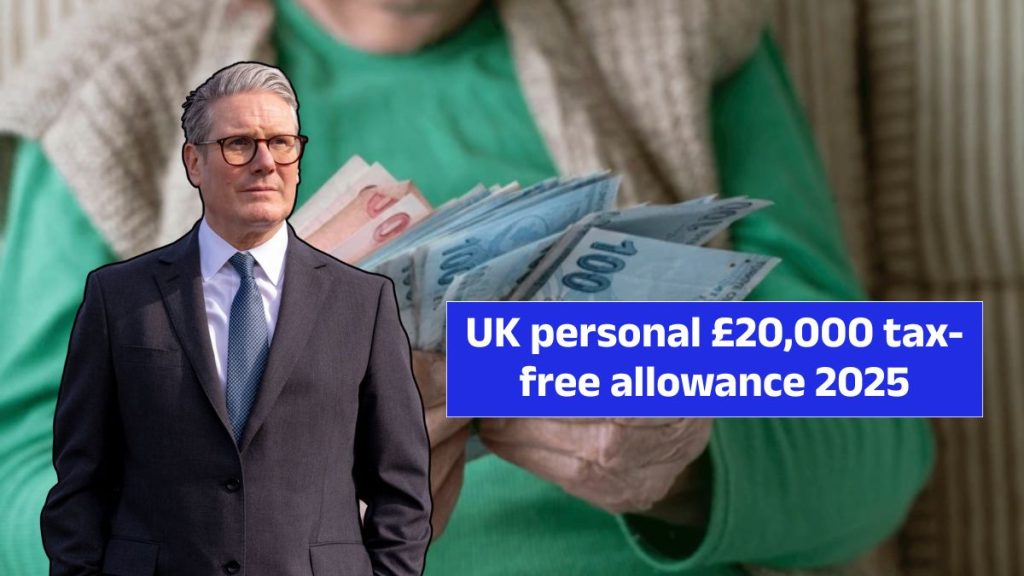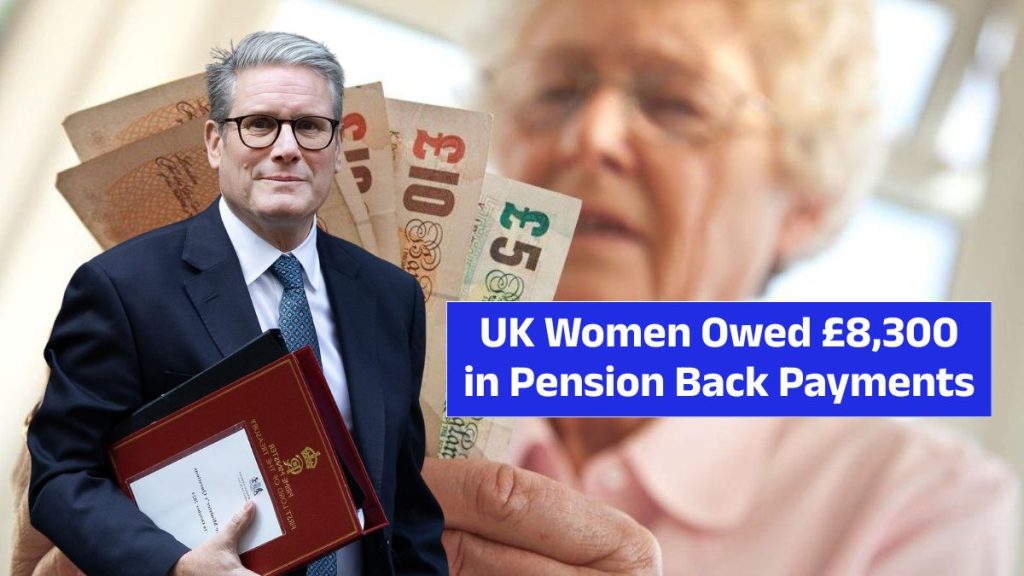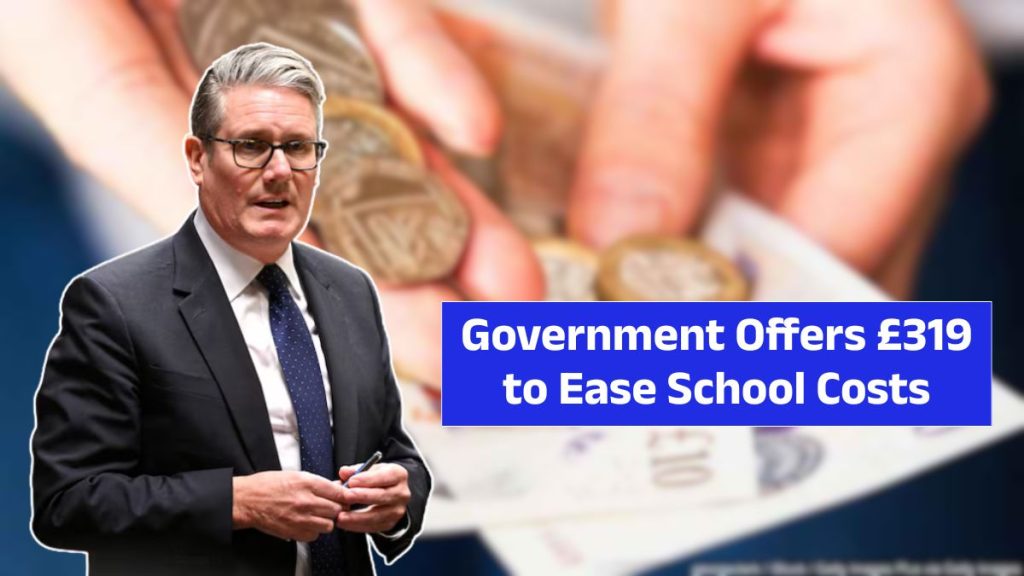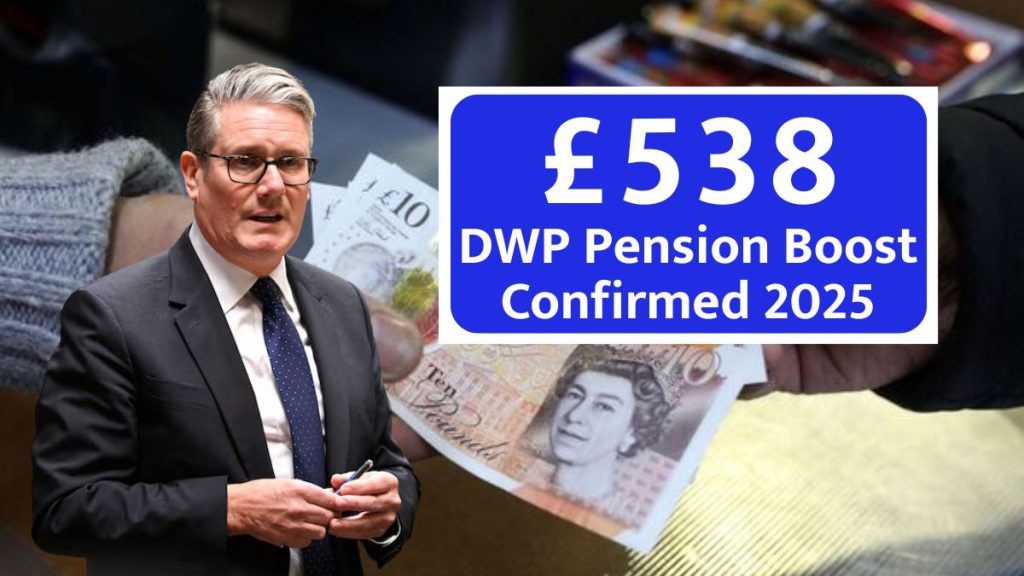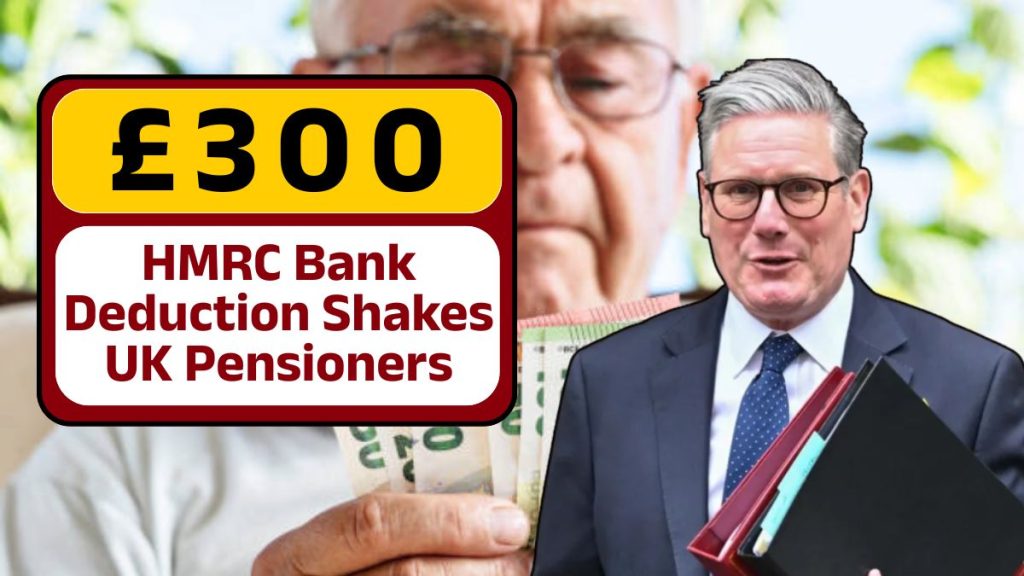The debate over UK income tax reform has taken centre stage in 2025 after a petition, launched by campaigner Alan David Frost, called for the Personal Allowance to be raised from £12,570 to £20,000. By September 1, 2025, more than 281,000 signatures had been collected—far exceeding the threshold needed for a parliamentary debate.
This movement has resonated strongly with households struggling under rising living costs. Supporters argue that such a change would ease the burden on workers and pensioners, while critics highlight the financial strain it could place on the Treasury.
What Is the Personal Allowance?

The Personal Allowance is the amount of annual income a UK resident can earn before being required to pay income tax.
- Current threshold: £12,570
- Proposed threshold: £20,000
The allowance has been frozen since 2021, leading to what economists call “fiscal drag,” where inflation and wage growth gradually pull more people into paying tax or into higher tax bands.
Quick Comparison: Current vs. Proposed Personal Allowance
| Aspect | Current (£12,570) | Proposed (£20,000) |
|---|---|---|
| Tax-free income | £12,570 | £20,000 |
| Pensioners affected | Many taxed | Most pensions tax-free |
| Savings for middle earners | Limited | Up to £1,486 per year |
| Treasury revenue impact | Stable | £40–50bn annual loss |
| Inflation risk | Stable | Higher consumer spending could fuel inflation |
| Political pressure | Moderate | High with 281k+ signatures |
| Debate status | Frozen since 2021 | Awaiting Parliament debate |
Why Raise the Personal Allowance to £20,000?
Supporters argue the proposal could have far-reaching benefits:
- Immediate relief for low earners – Millions of workers would stop paying income tax altogether.
- Support for pensioners – Most State Pensions would fall below the new threshold, making them tax-free.
- Boost to consumer spending – More disposable income would likely encourage retail and service sector growth.
- Reduced reliance on benefits – Families would keep more of their earnings, potentially easing demand for welfare support.
Campaigners frame the issue as a matter of fairness, ensuring workers and retirees keep more of what they earn.
Government Response – September 2025 Update
The UK government has rejected the immediate proposal to raise the Personal Allowance to £20,000, citing major fiscal concerns:
- A projected £40–50 billion annual shortfall in Treasury revenue.
- Risk of cutting funding to public services like the NHS, education, and social care.
- Rising national debt and limits on fiscal flexibility.
However, ministers stressed that tax policy is reviewed regularly and future budgets could revisit the matter.
Who Would Benefit Most From a Higher Allowance?
1. Low-Income Workers
Those earning less than £20,000 would no longer pay income tax, potentially saving hundreds each year.
2. Pensioners
Currently, many pensioners pay tax on their State Pension. Raising the allowance would remove this burden, leaving them with more disposable income.
3. Middle-Income Earners
Workers earning above £20,000 could save up to £1,486 annually, depending on their tax band.
Current UK Rules on Personal Allowance
The system does not apply equally to everyone:
- Earnings above £100,000 – The allowance is reduced by £1 for every £2 earned.
- Earnings above £125,140 – No allowance is granted.
- Marriage Allowance – Couples can transfer up to 10% of their allowance.
- Born before April 6, 1935 – May qualify for Married Couple’s Allowance.
Challenges of Raising the Allowance
While attractive, the proposal faces serious obstacles:
- Revenue loss – Up to £50bn annually, forcing either tax rises elsewhere or spending cuts.
- Inflation risk – Increased disposable income could fuel demand and raise prices.
- Pressure on public services – Less tax income could weaken funding for welfare, schools, and healthcare.
- Potential new taxes – The Treasury could consider raising VAT, National Insurance, or capital taxes to offset losses.
What Happens Next?
The parliamentary petition process requires:
- 10,000 signatures – Government issues a formal response.
- 100,000 signatures – Debate is guaranteed in Parliament.
- 281,000 signatures (achieved) – MPs will debate the proposal, though legislation remains uncertain.
This makes the issue a live political debate, with no guaranteed outcome.
International Comparisons
How does the UK compare internationally?
- United States: $14,600 (~£11,600) tax-free, with further deductions available.
- Germany: €11,600 (~£9,900) personal allowance.
- Australia: AUD 18,200 (~£9,400) tax-free threshold.
If approved, the UK’s £20,000 threshold would rank among the highest in developed economies, dramatically reshaping the tax landscape.
Looking Ahead
The push to raise the Personal Allowance reflects mounting public frustration with rising living costs and frozen tax thresholds. While the government has rejected the immediate proposal, the political momentum is strong, and MPs will soon be forced to debate the issue.
Whether this leads to legislation remains uncertain, but the petition signals a growing demand for tax fairness in the UK.
FAQs – UK Income Tax Personal Allowance Debate 2025
Q1. What is the Personal Allowance in the UK?
It is the amount of income you can earn tax-free each year. Currently, it stands at £12,570.
Q2. Why are people calling for it to rise to £20,000?
Rising living costs and frozen thresholds since 2021 have pulled more people into paying tax, reducing disposable income. A higher allowance would ease pressure on households.
Q3. What are the government’s concerns?
Raising the allowance would cost £40–50bn annually, risking cuts to public services and higher national debt.
Q4. Who would benefit most from the change?
Low-income workers, pensioners on the State Pension, and middle-income earners would all gain significantly.
Q5. Will the allowance be raised to £20,000?
Parliament will debate the proposal due to overwhelming petition support, but no legislation has been passed yet.








